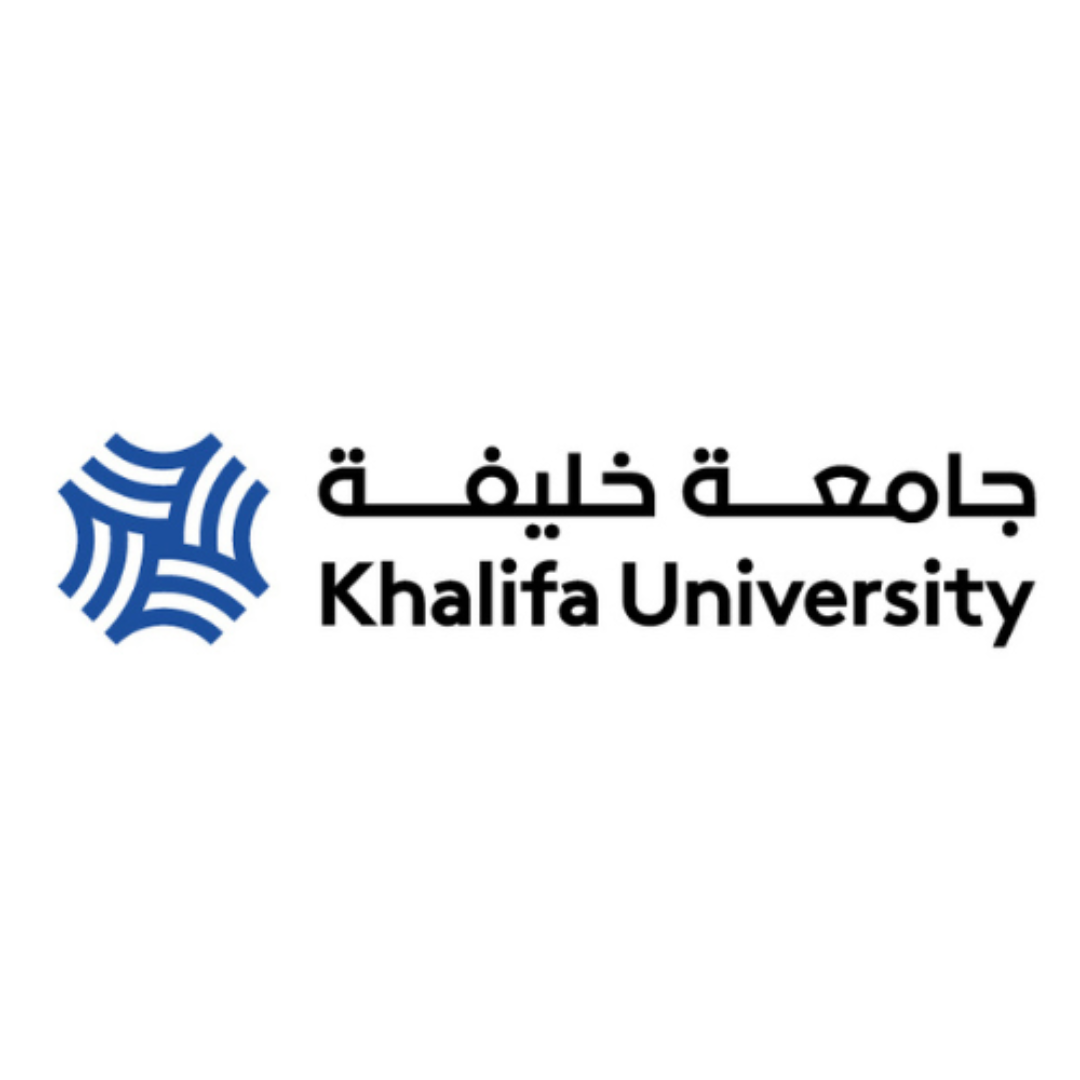📖Program Curriculum
The Engineering integrated Foundation Year programme is a common one which leads on to any of our branches of engineering. It is not a stand-alone qualification, but is the first year of a 4-year BEng degree.
Year 0 (Level 3)
Entry Level 3 / Foundation Year
Compulsory Modules
Module Name Module Duration Credits Module Code
Mechanics Academic Year 20 EG-060
Basic Engineering Analysis 1 September-January 20 EG-065
Chemistry of Materials September-January 15 EG-091
Fundamentals of Engineering Science September-January 15 EG-092
Fundamentals of Engineering Design September-June 15 EG-094
Basic Engineering Analysis 2 January-June 20 EG-066
Fundamentals of Engineering Science 2 January-June 15 EG-093
Year 1 (Level 4)
FHEQ 4 Undergraduate / HECert
Students choose 120 credits from the following:
Compulsory Modules
Module Name Module Duration Credits Module Code
Engineering for People Hackathon September-January 10 EG-133
Introduction to Materials Engineering September-January 10 EG-180
Materials Resources September-January 10 EG-183
Engineering Analysis for Materials 1 September-January 10 EG-187
Design and Laboratory Classes 1 September-January 10 EGA163
Manufacturing Technology I January-June 10 EG-182
Mechanical Properties of Materials January-June 10 EG-184
Materials Practicals 1: structure / property links in metals January-June 10 EG-185
Engineering Analysis for Materials 2 January-June 10 EG-188
Instrumental and Analytical Chemistry January-June 10 EGA110
Case Studies in Materials January-June 10 EGA113
Optional Modules
Choose Exactly 10 credits from the following Modules:
NOTE : If a student has done A level (or equivalent) Chemistry but not Physics they must opt for EGA106. If a student has done A level (or equivalent) Physics but not Chemistry they must opt for EGA103. If a student has done A level (or equivalent) Physics and Chemistry they must opt for EG-124 and EG-127. In the unlikely event that a student has no chemistry or physics background they would be best advised to do EGA106.
Module Name Module Duration Credits Module Code Guidance
Critical Thinking in Engineering September-January 5 EG-124
Introduction to MATLAB for Engineers September-January 5 EG-127
Foundation Chemistry September-January 10 EGA103
Engineering Science September-January 10 EGA106
Year 2 (Level 5)
FHEQ 5 Undergraduate / HEDip
Compulsory Modules
Module Name Module Duration Credits Module Code
Functional and Smart Materials September-January 10 EG-279
Microstructure Evolution and Control in Metallic Materials September-January 10 EG-280
Statistical Techniques in Engineering September-January 10 EG-285
Materials Practicals 2a: Microstructure Development in Alloy Systems September-January 10 EG-286
Order and Disorder in Materials September-January 10 EG-290
Modelling and Simulation of Materials September-January 10 EG-292
Materials for Energy January-June 10 EG-218
Polymers: Structure and Processing January-June 10 EG-281
Computational Materials 1 January-June 10 EG-282
Mechanical Deformation in Structural Materials January-June 10 EG-283
Manufacturing Technology II January-June 10 EG-284
Materials Practicals 2b: Applied examples in advanced metallic materials January-June 10 EG-287
Year 3 (Level 6)
FHEQ 6 Undergraduate / Honours
Students choose 120 credits from the following:
Compulsory Modules
Module Name Module Duration Credits Module Code
Advanced Optical Materials and Devices September-January 10 EG-3071
Research Project September-June 30 EG-353
Fracture and Fatigue September-January 10 EG-381
Engineering Management September-June 10 EG-386
Microstructure and Characterisation September-January 10 EG-391
Physical Metallurgy of Steels September-January 10 EG-392
Polymers: Properties and Design January-June 10 EG-385
Optional Modules
Choose Exactly 30 credits from the following Modules:
Module Name Module Duration Credits Module Code Guidance
Ceramics January-June 10 EG-383
Materials Degradation and Protection January-June 10 EG-387
Propulsion January-June 10 EG-397
Composite Materials January-June 10 EGA301








